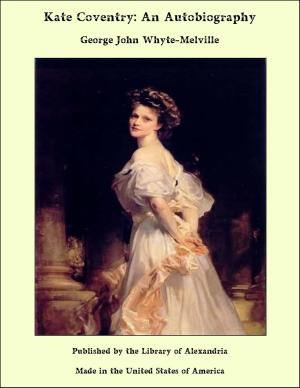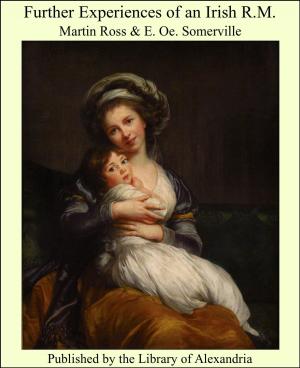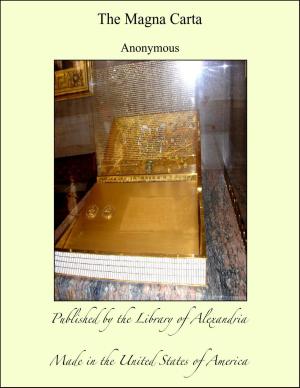The Personality of American Cities
Nonfiction, Religion & Spirituality, New Age, History, Fiction & Literature| Author: | Edward Hungerford | ISBN: | 9781465624840 |
| Publisher: | Library of Alexandria | Publication: | March 8, 2015 |
| Imprint: | Language: | English |
| Author: | Edward Hungerford |
| ISBN: | 9781465624840 |
| Publisher: | Library of Alexandria |
| Publication: | March 8, 2015 |
| Imprint: | |
| Language: | English |
There are more things forbidden in Boston than in Berlin—and that is saying much. You may be a citizen of a republic, but when you come to the old Bay State town you suddenly realize that you are being ruled. At each park entrance is posted a code of rules and regulations that would take a quarter of an hour to read and digest; in the elevated and trolley cars, in public institutions and churches, even in shops and hotels, the canons laid down for your conduct are sharp in detail and unvarying in command. You may not whistle in a public park, nor loiter within a subway station, nor pray aloud upon the Charlesbank. And for some reason, which seems delightfully unreasonable to a man without the pale, you may not take an elevated ticket from an elevated railroad station. It is to be immediately deposited within the chopping-box before you board your train. As to what might happen to a hapless human who emerged from a station with a ticket still in his possession, the Boston code does not distinctly state. And yet—like most tightly ruled principalities—Boston's attractiveness is keen even to the unregulated mind. The effect of many rules and sundry regulations seems to be law and order—to an extent hardly reached in any other city within the United States. The Bostonian is occasionally rude; these occasions are almost invariably upon his overcrowded streets and in the public places—until the stranger may begin to wonder if, after all, the street railroad employés have a monopoly of good manners—but he is always just. His mind is judicial. He treats you fairly. And if he knows you, knows your forbears as well, he is courtesy of the highest sort. And there is no hospitality in the land to be compared with Boston hospitality—once you have been admitted to its portals.
There are more things forbidden in Boston than in Berlin—and that is saying much. You may be a citizen of a republic, but when you come to the old Bay State town you suddenly realize that you are being ruled. At each park entrance is posted a code of rules and regulations that would take a quarter of an hour to read and digest; in the elevated and trolley cars, in public institutions and churches, even in shops and hotels, the canons laid down for your conduct are sharp in detail and unvarying in command. You may not whistle in a public park, nor loiter within a subway station, nor pray aloud upon the Charlesbank. And for some reason, which seems delightfully unreasonable to a man without the pale, you may not take an elevated ticket from an elevated railroad station. It is to be immediately deposited within the chopping-box before you board your train. As to what might happen to a hapless human who emerged from a station with a ticket still in his possession, the Boston code does not distinctly state. And yet—like most tightly ruled principalities—Boston's attractiveness is keen even to the unregulated mind. The effect of many rules and sundry regulations seems to be law and order—to an extent hardly reached in any other city within the United States. The Bostonian is occasionally rude; these occasions are almost invariably upon his overcrowded streets and in the public places—until the stranger may begin to wonder if, after all, the street railroad employés have a monopoly of good manners—but he is always just. His mind is judicial. He treats you fairly. And if he knows you, knows your forbears as well, he is courtesy of the highest sort. And there is no hospitality in the land to be compared with Boston hospitality—once you have been admitted to its portals.















